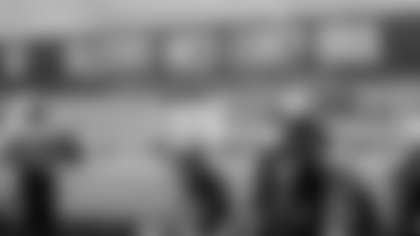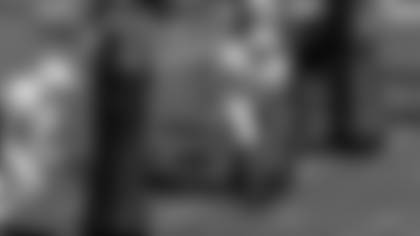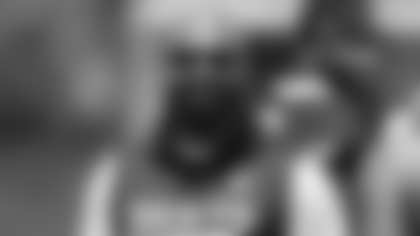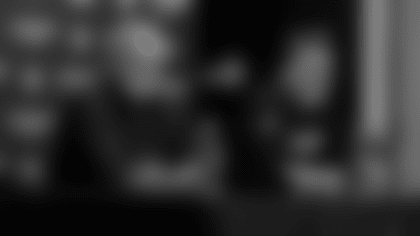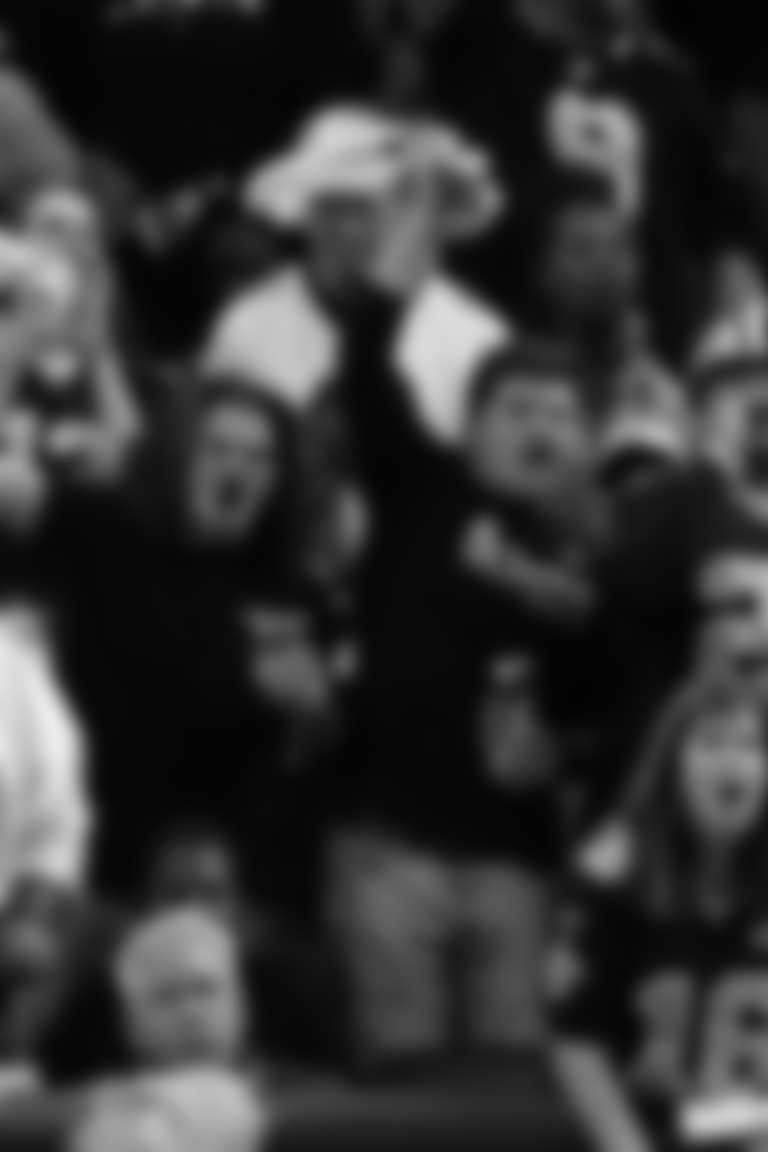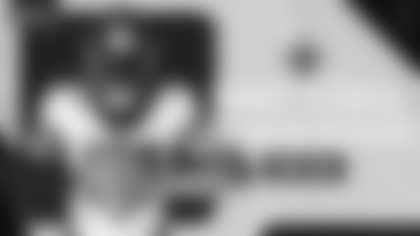The current reality is virtual reality.
As New Orleans Saints Coach Sean Payton, front office personnel, assistant coaches and scouts prepare for the upcoming NFL Draft, there's much more screen time than face-to-face time while they evaluate prospective draft picks.
Payton himself was diagnosed with, and has recovered from, COVID-19. With the coronavirus caseload increasing throughout Louisiana, and the edict regarding social distancing becoming more urgent, the Saints began their draft meetings Tuesday away from the team's practice facility in Metairie, conducting as much or more business via teleconference than in person.
"My understanding now is there's a hard chance to get it again, and zero chance of giving it right now," Payton said of his recovery. "But we did start our draft meetings today. Those are kind of set up a little differently this year, with all of our scouts ... teleconferencing in.
"(General Manager) Mickey (Loomis), myself, (Assistant GM/college scouting director) Jeff (Ireland), with a position coach, maybe a few others, are in a large meeting room spread out, with a lot of monitors, depending on who we're reading, what player group we're reading. ...
"We started this morning, this will go on till Easter, our meetings will take place. We're kind of in a remote location. We're over at the Dixie Brewing Company, actually. It's really away from any high-traffic area and it's also closed. We're the only one's here."
Saints Owner Gayle Benson is majority owner of Dixie.
Payton and the group have gotten accustomed to the current method of information dissemination.
"We spent a whole month with virtual meetings," he said. "We had quarterbacks, we had linemen – anybody that we didn't get completely at the Combine, anyone we had follow-up work to do. These players understand how to get online. You can go through a series of questions. We've done a ton of those in lieu of the pro days where you might have those chances to do it in person.
"It's a fancier phone call and yet, you can actually take a player through a test. You can spend time with someone maybe outside the 10-minute or 12-minute timeframe you have formally at the Combine when you interview someone. The horn goes off and the interview's over. A lot of times when we leave the Combine, there's some follow-up work still – we've got to follow up on this, follow up on that. It's just a way to have eye contact with a player, be it through a scout, position coach, director. And really, it's just additional time spent."
The time is replacing much of the time that ordinarily would have been spent crisscrossing the nation, attending various pro days and conducting workouts.
"The offseason, relative to the players, is completely changed," Payton said. "Generally the month of March, really April, players have these pro days. All of those have been canceled. And so, I would say one of the challenges would be that box that you check off – whether it's the measurable, the height and weight.
"We have a lot of those checks but there's probably more unchecked boxes this year for teams than normal, because that month of March after the Combine was eliminated. And look, that's part of the deal. So right now, for every team, there's this final stack of organizing your board and discussing the vision for each of these players. Logistically, the physicals, their health, the re-checks, some of the things that take place after the Combine that are going to be much more difficult to do – those are the things that come to mind."
Too, though, the elimination of in-person interaction and campus visits may create some reluctance.
"The big thing is, let's just say it was a health issue," Payton said. "And it was a player we were very interested in. In the normal schedule, you might fly that player in and investigate the data a little bit more, the injury a little bit more, look at it a little bit closer.
"If it was character concern, you might bring that player in or go to the school and spend more time. The grade and the system and the way it's set up on the board remains the same, but you may not be able to clarify or clean up some of the question marks you normally would in each year. So how do we philosophically, then, approach the draft this year? You might be more conservative relative to aversion to taking a risk if you don't have the information that you're looking for."
Payton said the Saints will conduct the draft from the Dixie facility, and that all necessary precaution will be taken.
"We've got the board set up here," he said. "This facility is fantastic. If I showed you a picture of the room, it's a big board room. It's clean, it's brand new, there's no one out here. We have our board set up, we've got seven monitors. This is where we're going to be. This is where we're planning on setting up shop for the draft and we're operating accordingly.
"We're using all the CDC guidelines. Coming in, every one of us took our temperature before we went in the room, there's seven of us total in the room. We're certainly distanced away from each other. There's plenty of space. I'm kind of like the guy they all want to sit away from and I'm like, 'Look, I'm the safest guy in the room here.' So, total people involved in the meeting might be 20, total in the room would be six or seven."
There also will be an effect on the Saints' offseason program. But New Orleans has experienced that kind of disruption before, Payton noted.
"Certainly, we're not going to have an offseason program that isn't without change," he said. "(But) in 2011, which was the lockout season, there was no offseason program. In other words we had the draft, and then we saw everyone at the start of training camp and off we went.
"So we'll be prepared as a club and as a team to operate accordingly and wait for guidance from the league office. But right now, the focus this month is the draft that takes place at the end of April. And the guidelines in front of us right now are away from your facilities, being smart.
"The most important thing for every one of these guys involved – and I said it on a conference call yesterday with my coaches, and everyone in football operations – is the health and safety of our families. That's No. 1. When something like this is taking place, anything outside of this seems very down-the-road relative to priorities. And I know it's the draft and it's important, but it's not as important as New Orleans and Louisiana's recovery and our ability to fight this. Because this month is going to be our toughest month."






